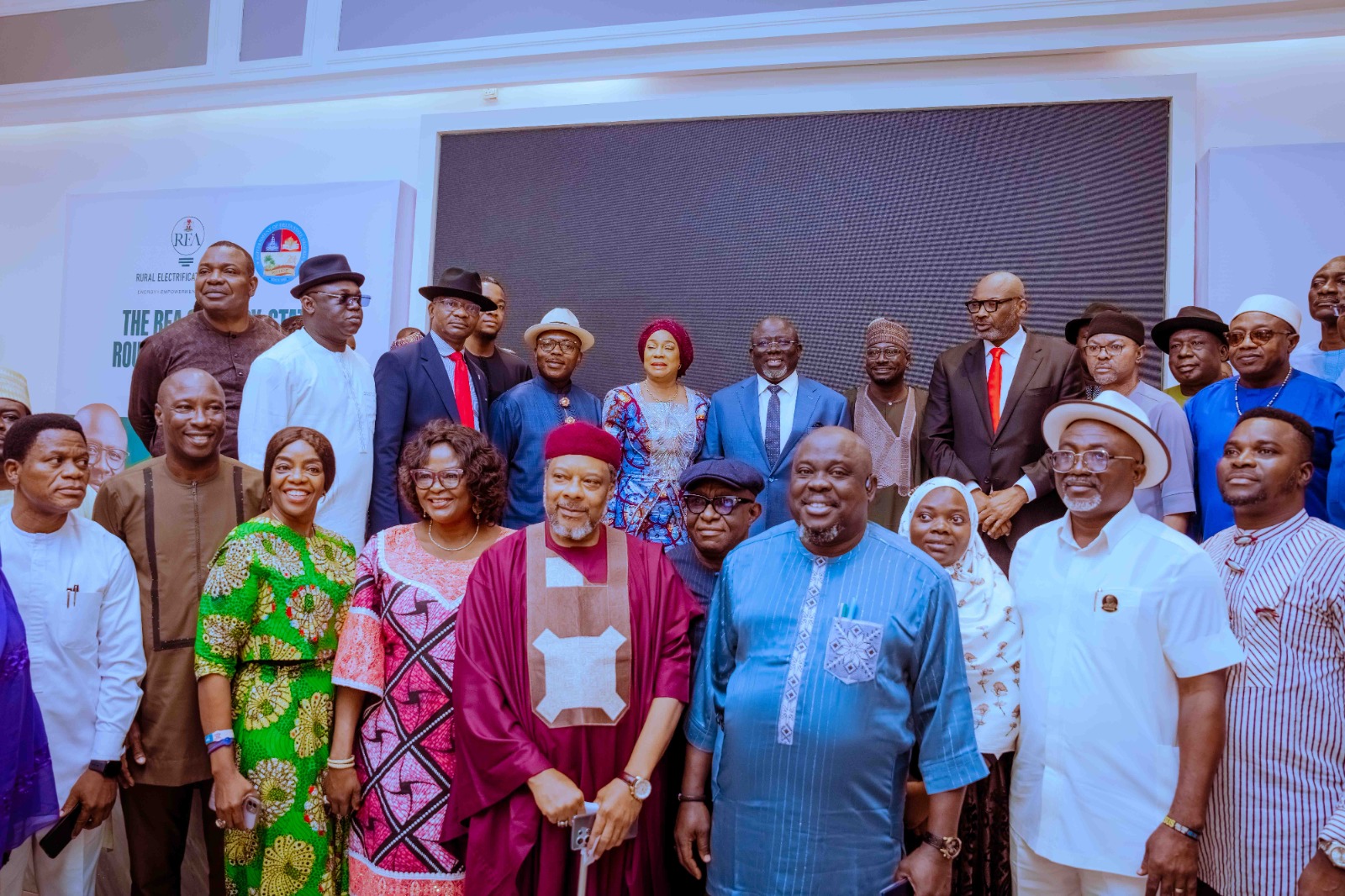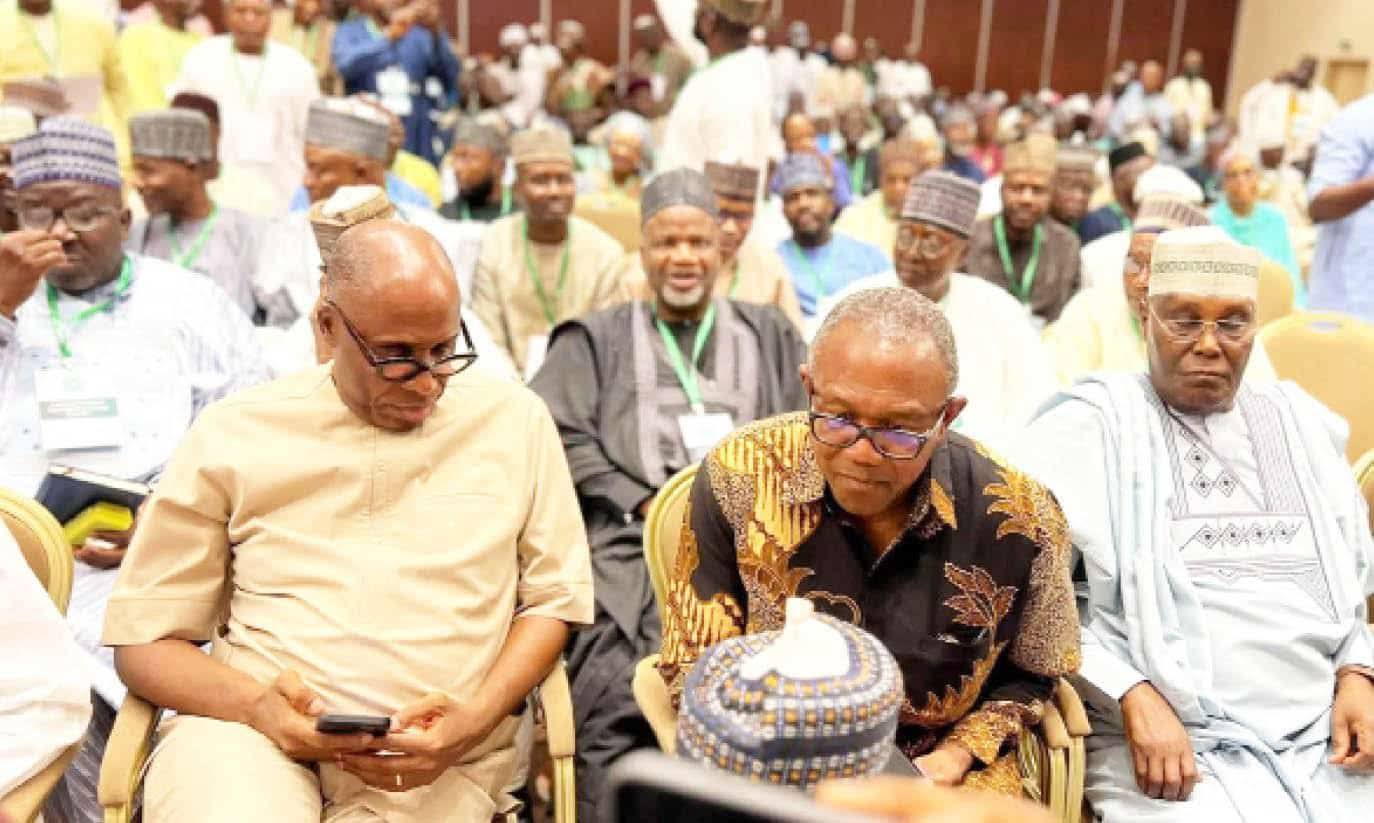Fuel subsidy removal: The Devastating Legacy Of Tinubu’s administration and a Year Of Economy Woe
By Erasmus Ikhide
THE Nigerian Labour Congress (NLC) and the Trade Union Congress (TUC) have been grappling with the federal government over workers’ rights, culminating in a nationwide strike. The question arises: is the strike action legal? The answer lies in the United Nations Charter, which Nigeria has ratified.
Article 23 of the Universal Declaration of Human Rights (UDHR) states: “Everyone has the right to form and join trade unions for the protection of his interests.” Additionally, the International Labour Organization (ILO) Convention 87 guarantees workers’ freedom of association and the right to strike.
Nigeria’s 1999 Constitution (as amended) also recognizes the right to strike in Section 40, which states: “Every person shall be entitled to assemble freely and associate with other persons, and in particular, he may form or join trade unions or other associations for the protection of his interests.” The Trade Disputes Act (TDA) Cap T8, LFN 2004, further reinforces the right to strike, providing procedures for resolving trade disputes.
The TDA permits workers to embark on a strike after a seven-day notice to the employer and the Minister of Labour.
In light of these provisions, the organized labour unions’ strike action is legally justified, as it seeks to protect workers’ interests and promote their welfare. The federal government’s refusal to meet workers’ demands violates Nigeria’s international obligations and constitutional provisions.
President Tinubu’s impunity and disrespect for the workers’ rights and his refusal to engage in constructive dialogue to resolve the ongoing impasse signposted him as an emerging tyrant.
The other issues giving the mass of Nigerian people major concern is the organized labour unions narrow focus on salary and electricity tariff increases only amongst litany of economy woes plaguing the country.
The Nigeria Labour Congress (NLC) and Trade Union Congress (TUC) have been at the forefront of agitation for workers’ rights, but their recent focus on salary increases and electricity tariff hikes raises questions about their priorities. With a population of over 200 million, Nigeria faces more pressing issues that affect the majority of citizens.
The removal of fuel subsidy, which has crippled the economy, seems to be overlooked by the organized labour unions. The impact of fuel subsidy removal on the masses far outweighs the benefits of a salary increase, which only affects a small percentage of the workforce (less than 5%). Furthermore, the minimum wage increase does little to alleviate the suffering of pensioners under the contributory pension scheme, who have been shortchanged by the federal government. The organized labour unions’ silence on this issue is deafening.
The organized labour unions have no option than to broaden their scope and address the more pressing concerns of the Nigerian people, including but not limited to fuel subsidy removal; economic revitalization, pension reform, job creation, social welfare programs for the most vulnerable citizens. It is only then will the Nigerian masses say that the organized labour unions truly represents the interests of all Nigerians, not just a select few.
Without stressing the point, President Bola Amhed Tinubu’s failure to pay workers a living wage is a deliberate choice that perpetuates corruption and inefficiency in the workforce. By refusing to provide a decent standard of living for workers, the government forces them to seek alternative means of survival, often through unethical means.
This conscious decision has far-reaching consequences. As the situation stands, workers are tempted to engage in corrupt practices to supplement their income, undermining the integrity of public institutions.
This gives room to low morale and demotivation leading to reduced productivity, hindering the delivery of quality public services. Therefore, talented workers are forced to seek better opportunities abroad, depriving Nigeria of skilled professionals. Besides, the gap between the rich and the poor widens as a result, exacerbating social unrest and instability.
Paying a living wage is not only a moral obligation by the APC-led government, but also a sound economic policy that would boost worker productivity and morale, reduce corruption and inefficiency, as well as stimulate economic growth and promotion of social equity.
The government of President Tinubu should – as a matter of urgency – prioritize paying workers a living wage, addressing the root causes of corruption and inefficiency. Only then can Nigeria build a motivated workforce, drive economic progress, and foster a more equitable society.
President Tinubu’s refusal to pay workers their minimum wage is a clear violation of the law and a stark reminder of his administration’s disregard for the well-being of Nigerian workers. By withholding workers’ rightful earnings, President Tinubu has become a master of illegality, perpetuating a culture of disregard for the rule of law and perpetuating economic hardship for the most vulnerable citizens.
This decision not only harms workers but also undermines the economy, as low wages stifle consumer spending and economic growth. The minimum wage is a fundamental right, and its payment is crucial for ensuring a decent standard of living for workers and their families.
Without prejudice, President Tinubu should reconsider his stance and prioritize the welfare of Nigerian workers by paying them their rightful minimum wage. It is only by upholding the law and respecting the rights of workers that Nigeria can build a prosperous and equitable society.
Erasmus Ikhide contributed this piece via: ikhideluckyerasmus@gmail.com.









